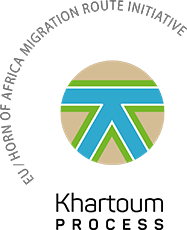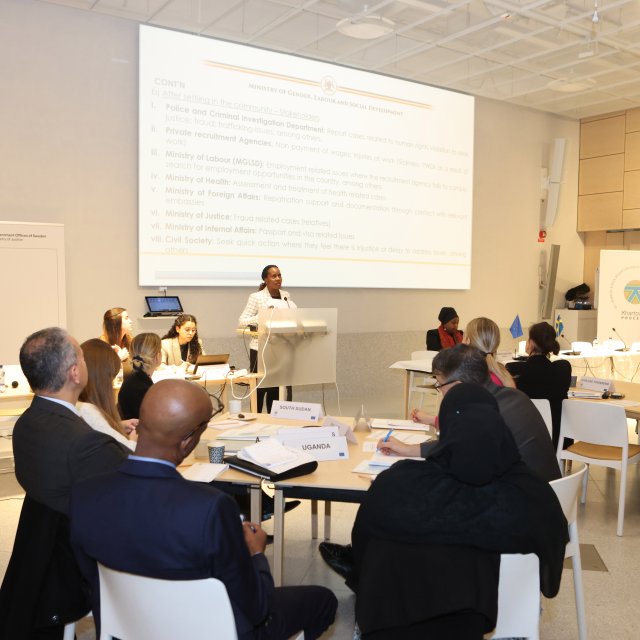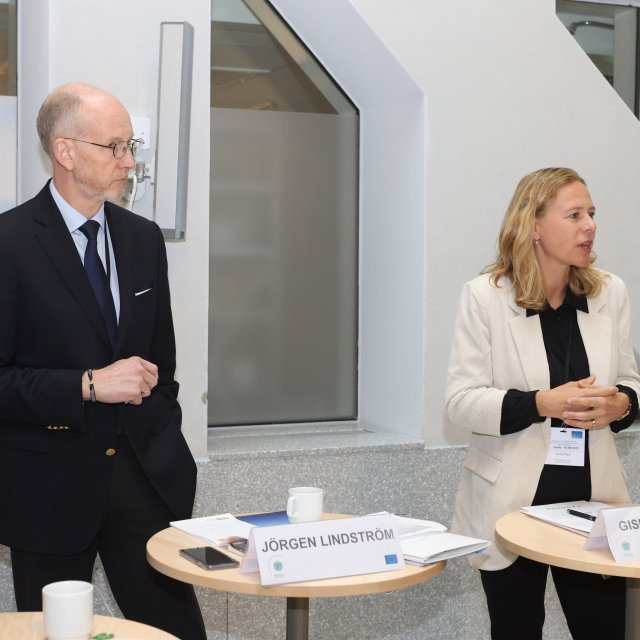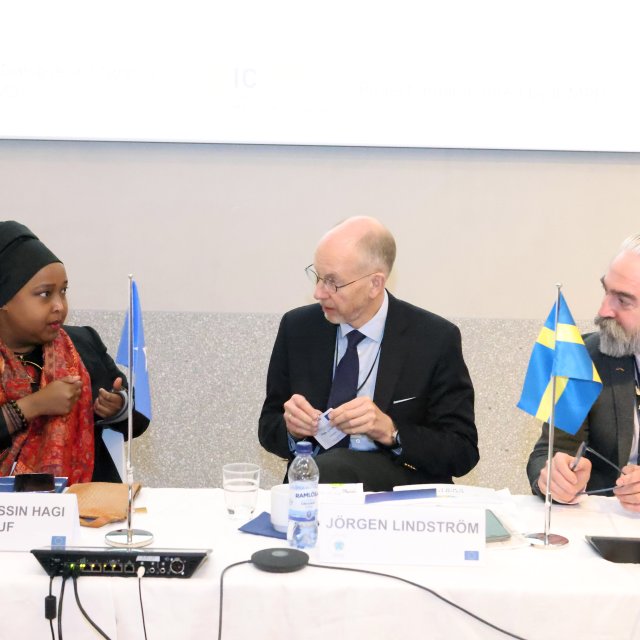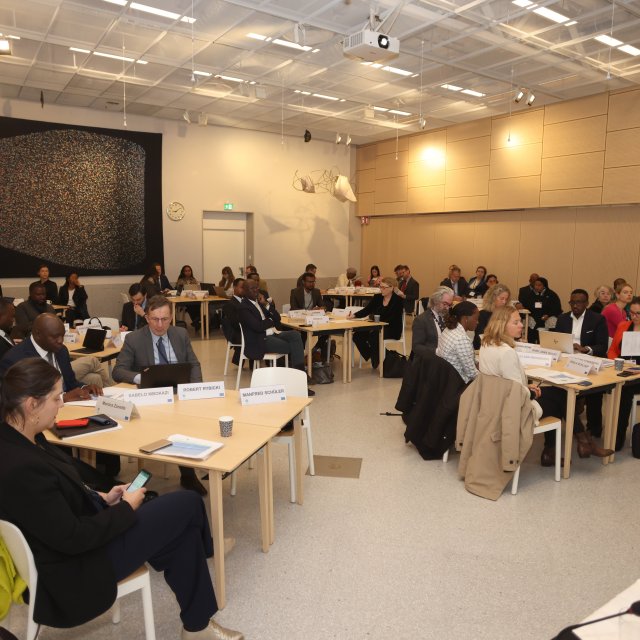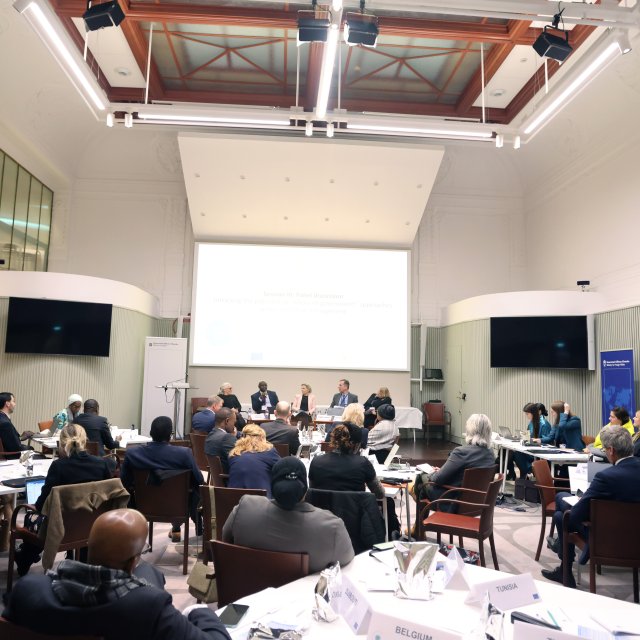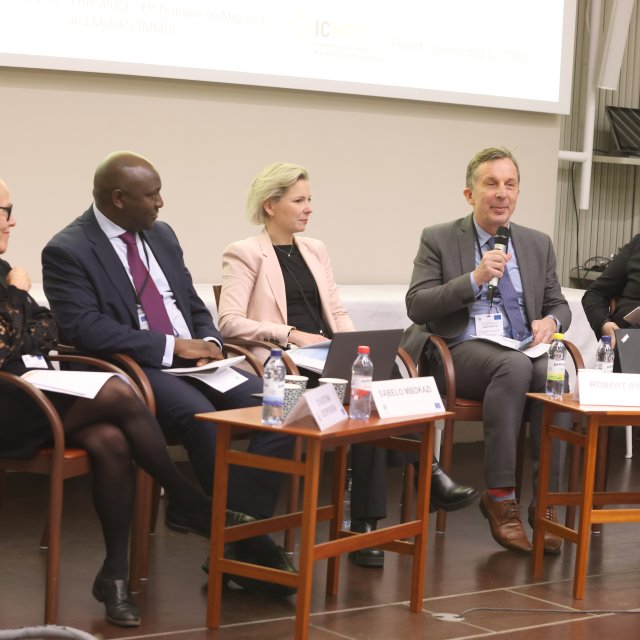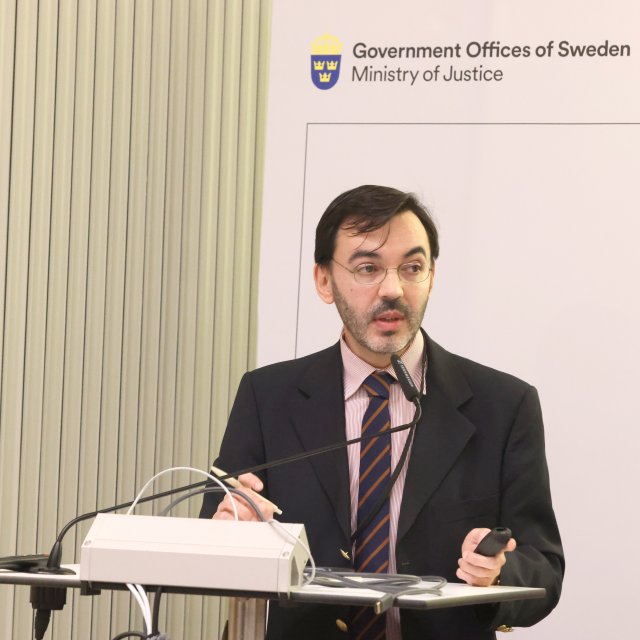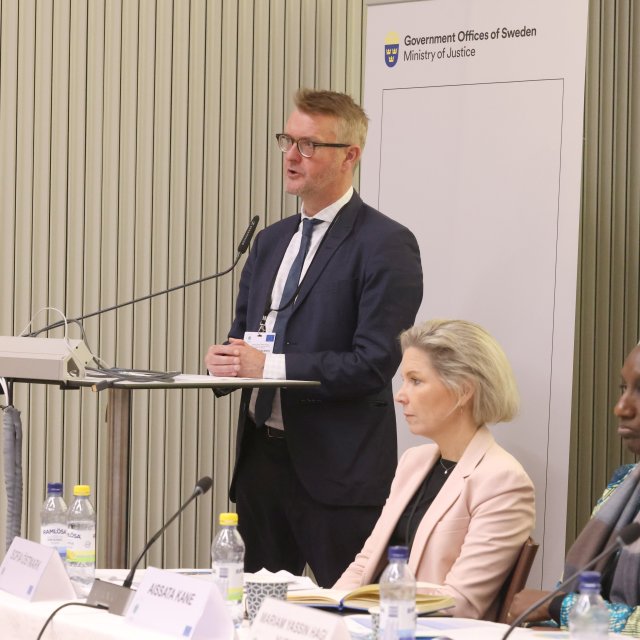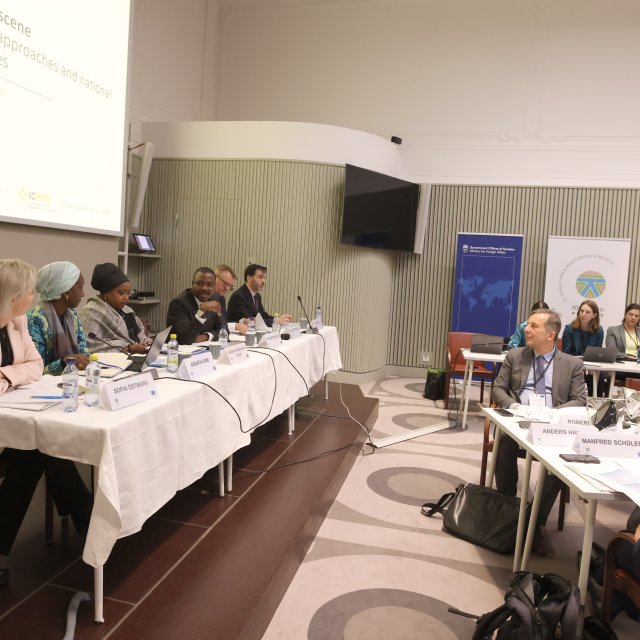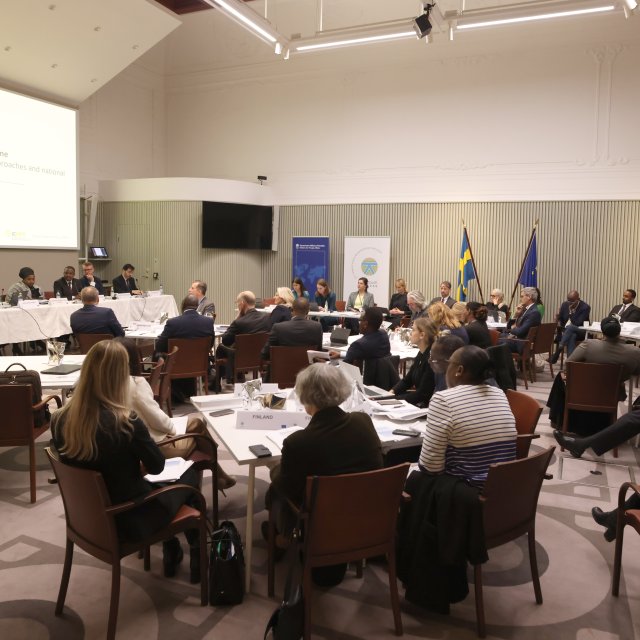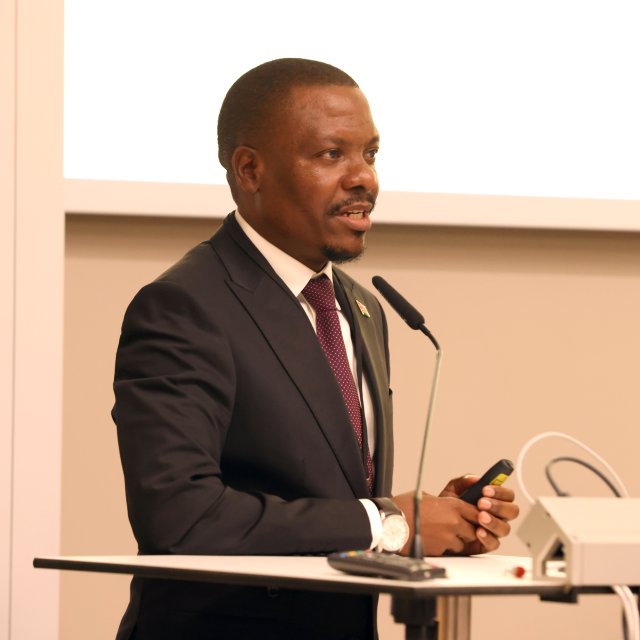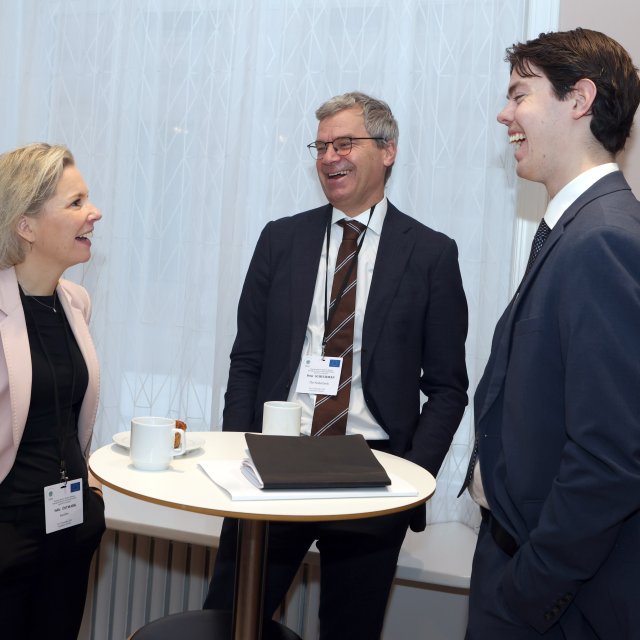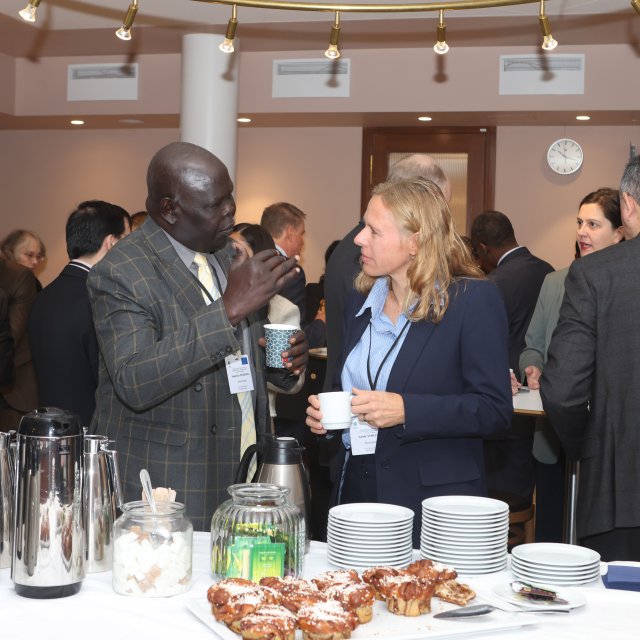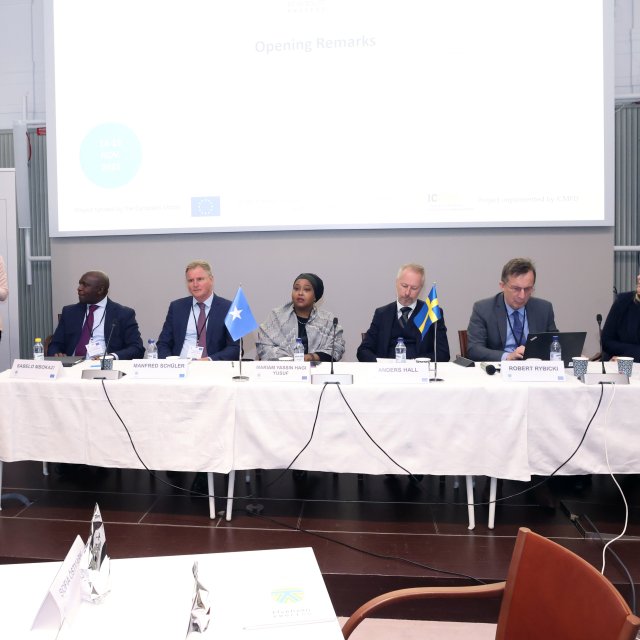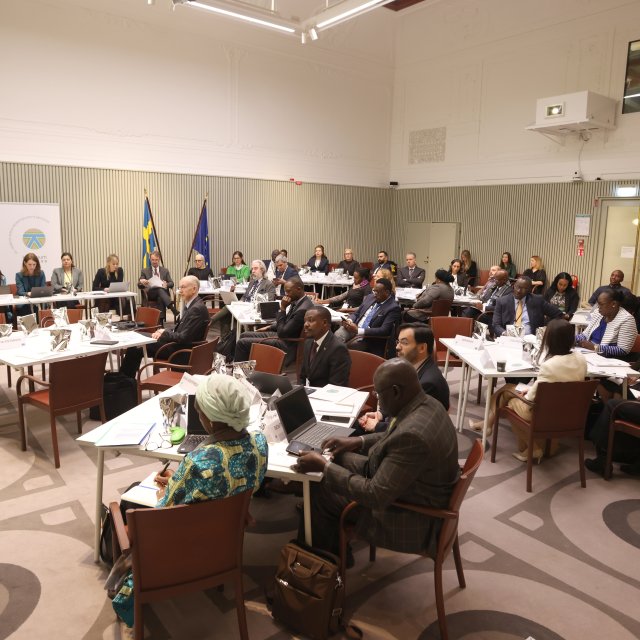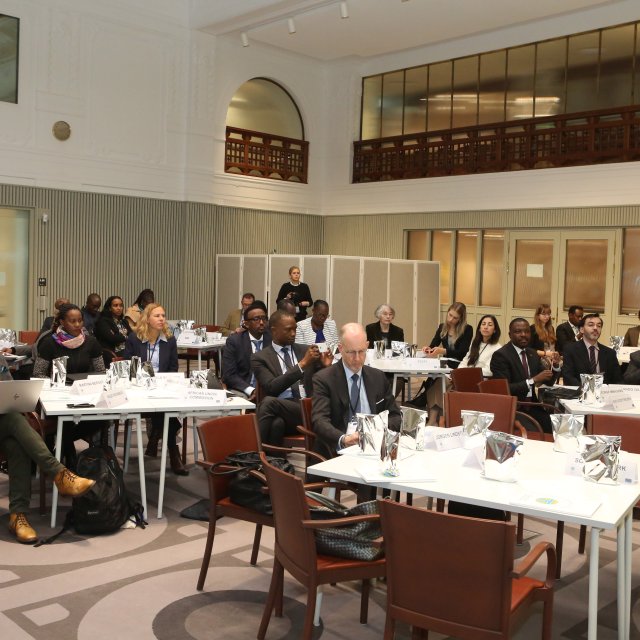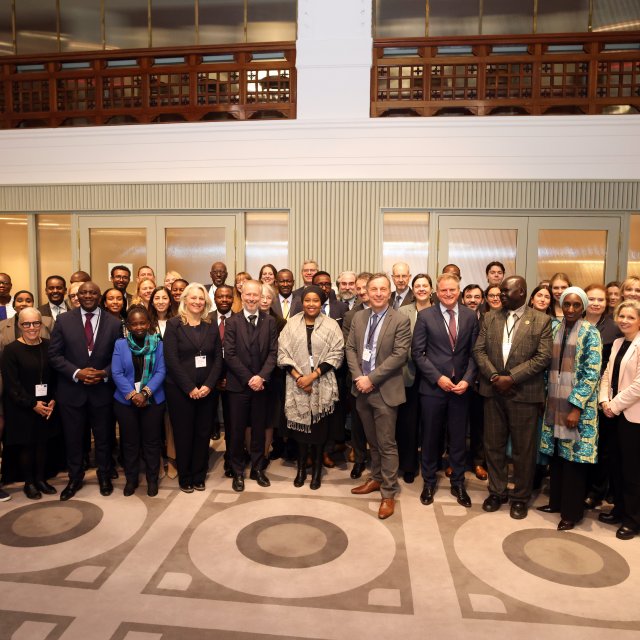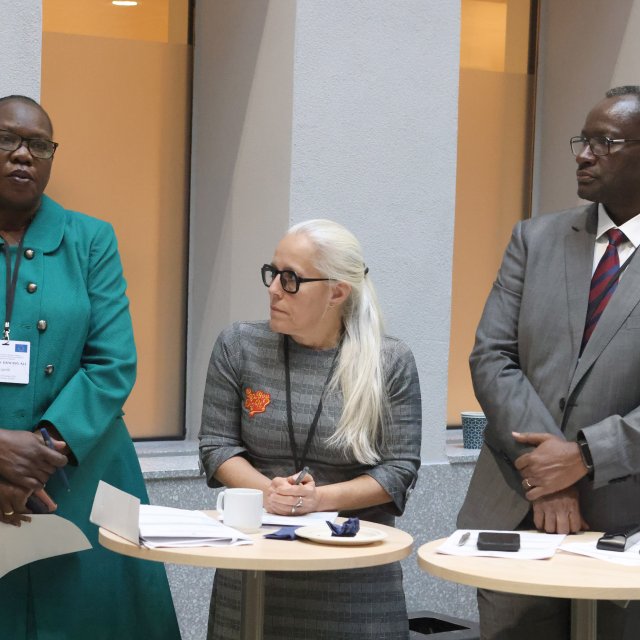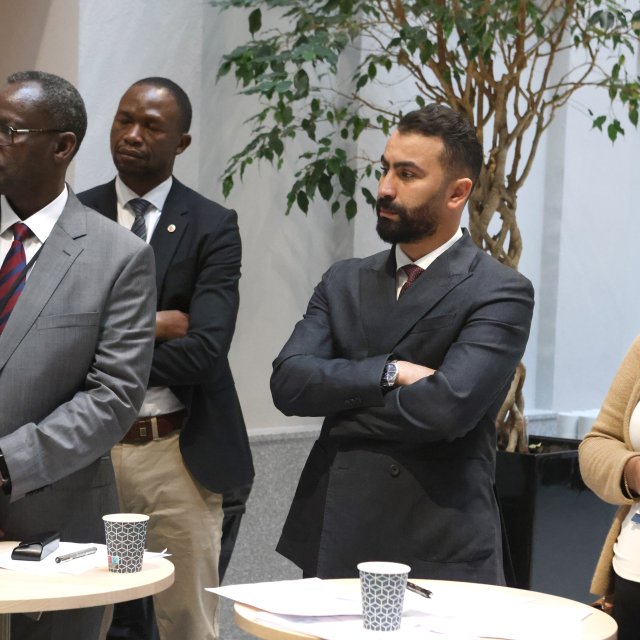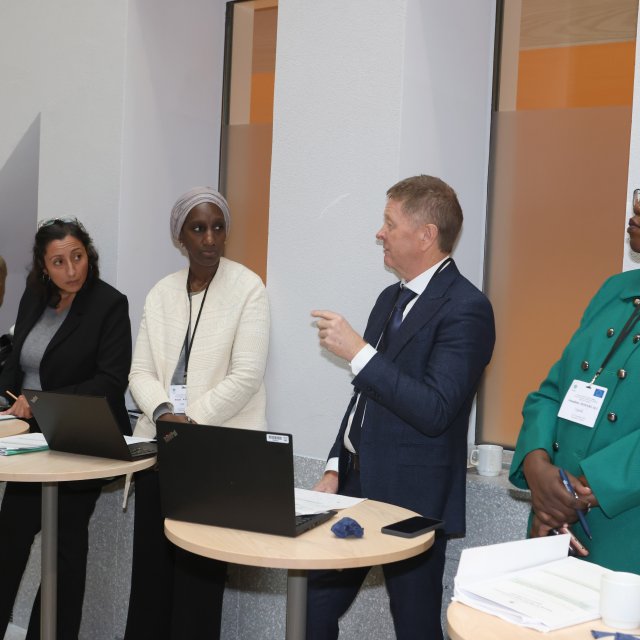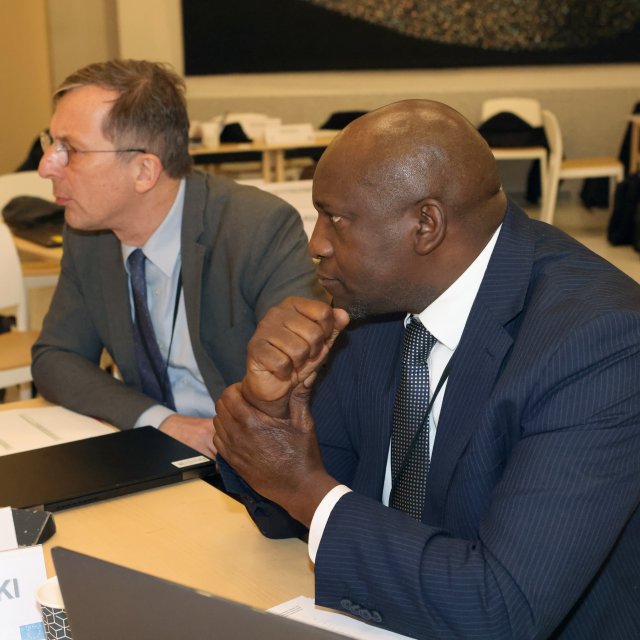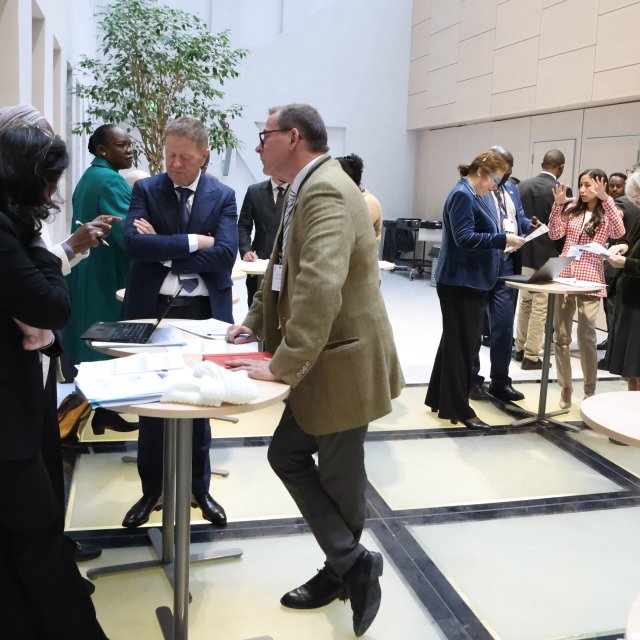On 14-15 November 2023, member States of the Khartoum Process gathered in Stockholm upon the initiative of Sweden and Somalia to discuss whole-of-government approaches on migration.
Responding to a variety of current migration challenges requires a wide range of government actions. Return, readmission, and reintegration are only a part of wider migration policies, which include other elements such as protection, labour migration and skills development, the migration and development nexus etc. As recalled by the Sustainable Development Goals Indicator 10.7.2 and the Global Compact on Safe, Orderly and Regular Migration para 15, migration is a multidimensional topic that cannot be addressed by one policy sector alone. In practice planned and well-managed migration policies thus require a comprehensive “whole-of-government” approach. The Joint Valletta Action Plan (JVAP) includes such an approach throughout its five domains, where partnerships, cooperation and coordination amongst institutions are underlined throughout the Action Plan.
Approx. 70 participants representing the African and European membership of the Khartoum Process as well as international partners discussed tools and frameworks establishing whole-of-government approaches on migration. Through the example of return, readmission, and reintegration, Khartoum Process member States exchanged on the concept per se as well as on concrete country practices.
Whole-of-government and whole-of-society approaches are complex for a variety of reasons. The legal acts that set out the architecture of the ministries do not always propel inter-ministerial coordination and build boundaries rather than bridges. Geographic priorities amongst ministries may vary and misconceptions on migration between institutions are factors that may hinder comprehensive and cohesive approaches. All these elements highlight the importance of building a narrative, which supports a whole-of-government as well as a whole-of-society approach. Political and comprehensive strategies build synergies across actors, agencies, and departments to the benefit of safe, orderly, and regular migration. Country examples demonstrated that different tools and flexible financing instruments ensure the sustainability of whole-of- government approaches.
Furthermore, priorities on return, readmission, and reintegration may also differ between sending and receiving countries. Thus, whole-of-government approaches should be complemented by international and bilateral cooperation to allow for dialogue and partnership building, which are also essential conditions for safe, orderly, and regular migration. In this regard, the platform of the Khartoum Process continues to bring its member States together, as no country should operate alone.








